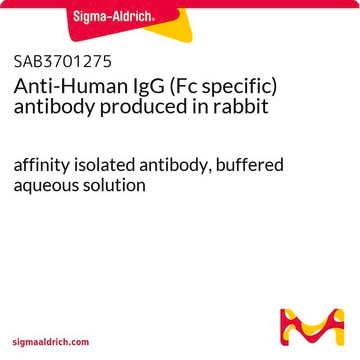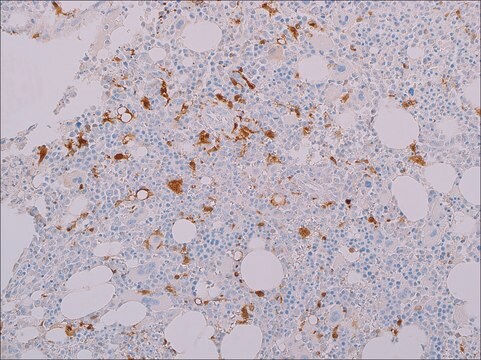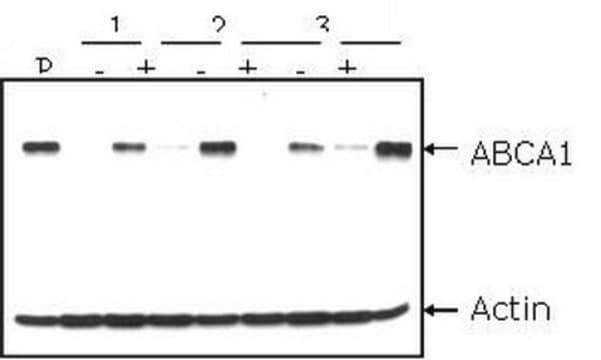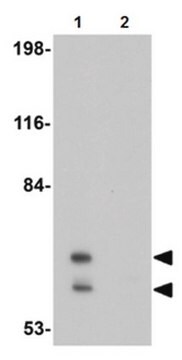ABE2897
Anti-phospho GATA6 (Ser37)
from rabbit
Synonym(s):
GATA-binding factor 6
About This Item
Recommended Products
biological source
rabbit
antibody form
affinity isolated antibody
antibody product type
primary antibodies
clone
polyclonal
species reactivity
human
species reactivity (predicted by homology)
rat (based on 100% sequence homology), mouse (based on 100% sequence homology), porcine (based on 100% sequence homology)
packaging
antibody small pack of 25 μg
technique(s)
dot blot: suitable
immunoprecipitation (IP): suitable
western blot: suitable
isotype
IgG
NCBI accession no.
UniProt accession no.
target post-translational modification
phosphorylation (pSer37)
Gene Information
human ... GATA6(2627)
General description
Specificity
Immunogen
Application
Epigenetics & Nuclear Function
Western Blotting Analysis: A representative lot detected phospho GATA6 (Ser37) in Western Blotting applications (Chitforoushzadeh, Z., et. al. (2016). Sci Signal. 9(431):ra59).
Immunoprecipitation Analysis: 4 µg/mL from a representative lot immunoprecipitated phospho GATA6 (Ser37) in 293T cells were transfected with 3xFLAG-GATA6 (Courtesy of Dr. Kevin A. Janes at University of Virginia).
Immunoprecipitation Analysis: A representative lot immunoprecipitated phospho GATA6 (Ser37) in Immunoprecipitation applications (Chitforoushzadeh, Z., et. al. (2016). Sci Signal. 9(431):ra59).
Quality
Target description
Physical form
Storage and Stability
Other Notes
Disclaimer
Not finding the right product?
Try our Product Selector Tool.
Storage Class Code
12 - Non Combustible Liquids
WGK
WGK 1
Flash Point(F)
Not applicable
Flash Point(C)
Not applicable
Certificates of Analysis (COA)
Search for Certificates of Analysis (COA) by entering the products Lot/Batch Number. Lot and Batch Numbers can be found on a product’s label following the words ‘Lot’ or ‘Batch’.
Already Own This Product?
Find documentation for the products that you have recently purchased in the Document Library.
Our team of scientists has experience in all areas of research including Life Science, Material Science, Chemical Synthesis, Chromatography, Analytical and many others.
Contact Technical Service
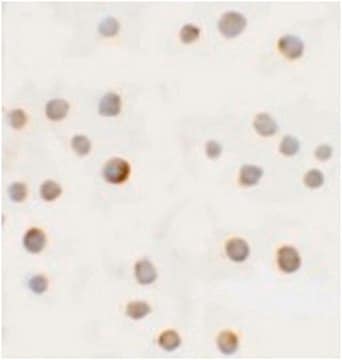
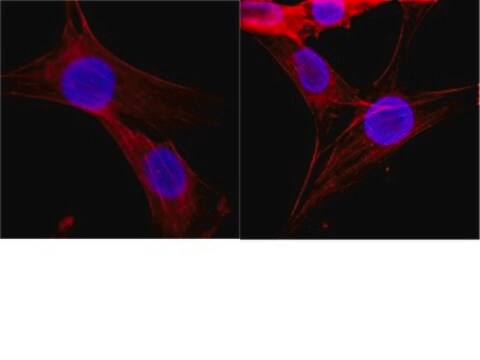

![GAL4 [(1-147) + VP16 (411-490)] from Saccharomyces cerevisiae human herpesvirus 2 recombinant, expressed in E. coli, ≥80% (SDS-PAGE)](/deepweb/assets/sigmaaldrich/product/images/195/570/27f4c1ab-cab8-46e7-bd1a-04978b89bacc/640/27f4c1ab-cab8-46e7-bd1a-04978b89bacc.jpg)
